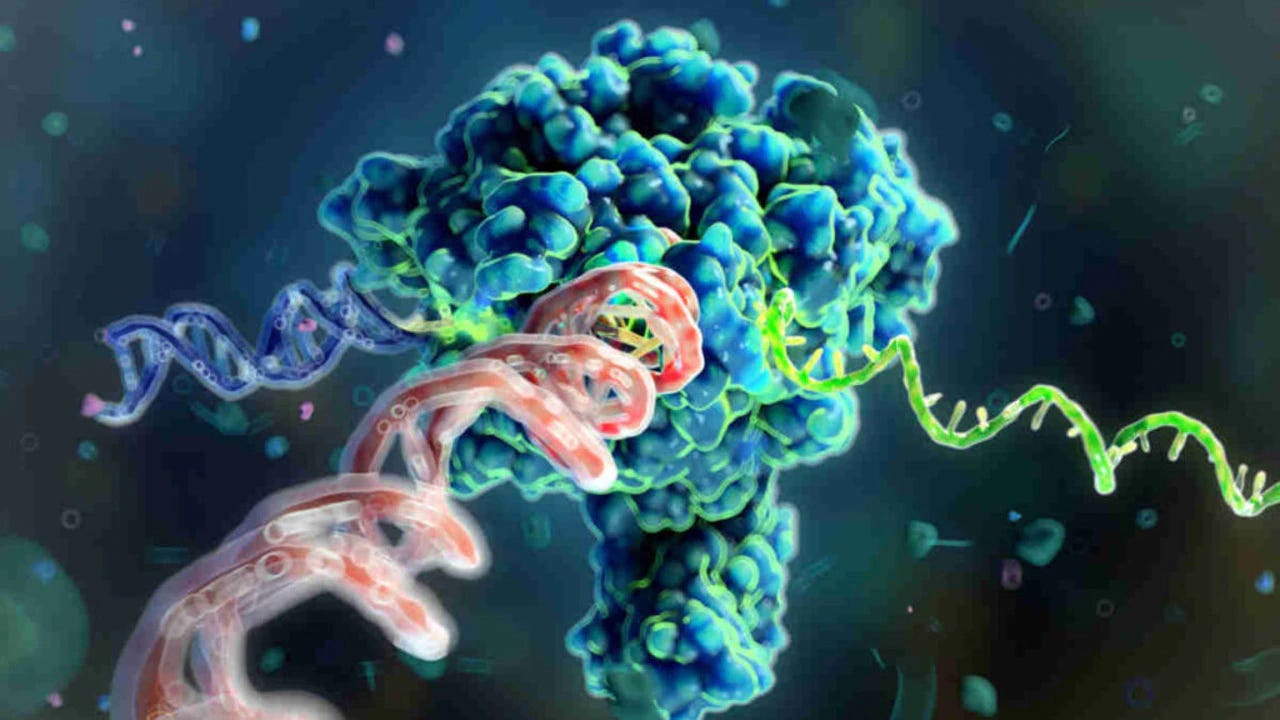mRNA vaccines lead to unwanted proteins - but what does it mean?
New research has experts angered by the “complete and utter regulatory failure” to ensure patient safety.
After three years on the market and billions of doses later, the mRNA COVID-19 vaccines continue to throw up surprises.
A landmark study, published last December in Nature, has reignited concerns over the safety of the vaccines.
The study, by highly credentialled UK researchers, found that in addition to spike protein, Pfizer’s mRNA vaccine can instruct cells to produce other ‘off-target’ proteins, which are foreign to the immune system.
How does it happen?
The researchers say that ribosomes, which are responsible for decoding the mRNA in cells, can slip and misread the coded instructions about 8% of the time - known as “ribosomal frameshifting.”
They say the ‘glitch’ has to do with how the mRNA in the vaccine has been genetically modified.
Unlike naturally-occurring mRNA, the mRNA that exists in the vaccines has had a ‘uridine’ base replaced with a ‘N1-methyl pseudouridine’ (to stabilise it) and unfortunately, has made it prone to reading errors.
But are these ‘off-target’ proteins harmful?
At a press briefing, the study researchers insisted there were no safety concerns, and that their findings did not indicate the mRNA vaccines were unsafe.
The BBC characterised the glitch as a “harmless tiny slip” in mRNA gene translation.
Science said there was “nothing alarming” about the study, and interviewed experts who reiterated the absence of adverse events associated with these off-target proteins.
However, David Wiseman, a research scientist involved in medical product development, is not so convinced. He, and his co-authors, published their comments in Nature.
I spoke with Dr Wiseman about his concerns and what this research might mean for patient safety.
DEMASI: Thanks for speaking with me Dr Wiseman. How concerned are you about these latest findings?



